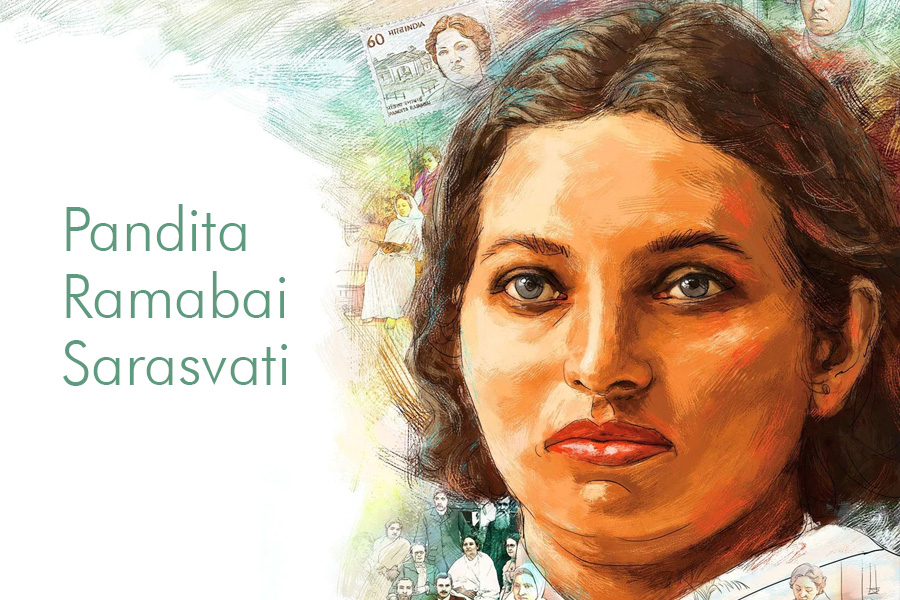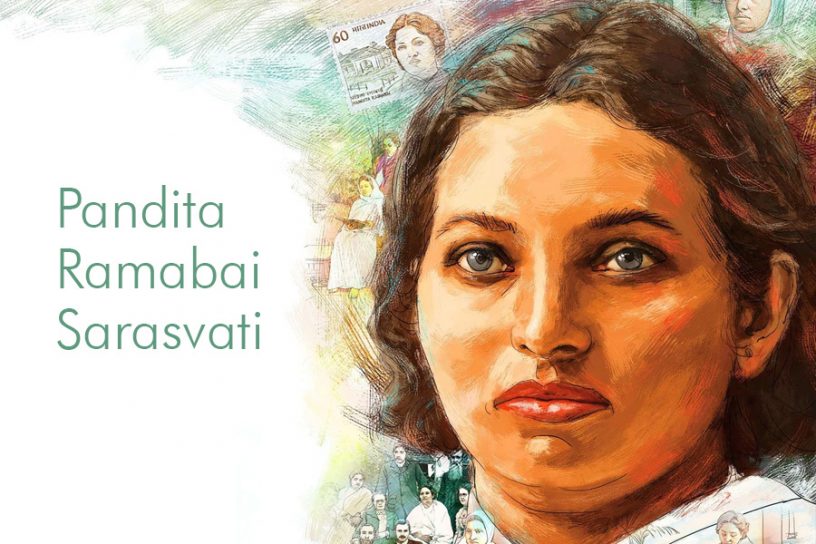
Rather than surrendering to patriarchal cynicism, Pandita Ramabai capitalised on the socio-political volatilities of colonial India to further the nascent women’s movement, say the authors.
Authors
Dikshit Sarma Bhagabati, Jindal Global Law School, O.P. Jindal Global University, Sonipat, Haryana, India.
Prithvi Sinha, Jindal Global Law School, O.P. Jindal Global University, Sonipat, Haryana, India.
Sneha Garg, Jindal Global Law School, O.P. Jindal Global University, Sonipat, Haryana, India.
Summary
This essay aims to understand the role of religion in the social work of Pandita Ramabai (1858-1922). By focusing on a twenty-five-year period commencing with her conversion to Christianity in 1883, we argue that religion constructed a political framework for her work in Sharada Sadan and Mukti Mission.
There is a lacuna in the conventional scholarship that underplays the nuances of religion in Ramabai’s reform efforts, which we try to fill by conceptualising faith and religiosity as two distinct signifiers of her private and public religious presentations respectively.
Drawing on her published letters, the annual reports of the Ramabai Association in America, and a number of evangelical periodicals published during her lifetime, we analyse how she explored Christianity not just as a personal faith but also as a conduit for funds.
The conversion enabled her access to American supporters, concomitantly consolidating their claim over her social work. Her peculiar religious identity—a conflation of Hinduism and Christianity—provoked strong protests from the Hindu orthodoxy while leading to a fall-out with the evangelists at the same time.
Ramabai shaped the public portrayal of her religiosity to maximise support from American patrons, the colonial state, and liberal Indians, resisting the orthodoxy’s oppositions with these material exploits. Rather than surrendering to patriarchal cynicism, she capitalised on the socio-political volatilities of colonial India to further the nascent women’s movement.
Published in: The Indian Economic & Social History Review
To read the full article, please click here.


